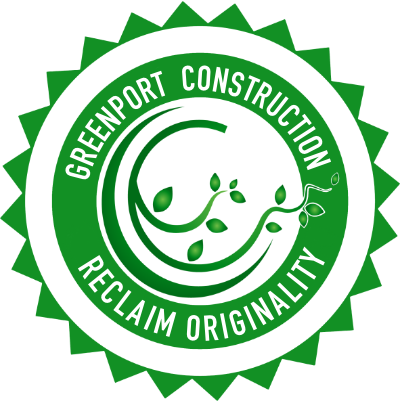Best Options For A Custom Butcher Block At Home
One trend for 2021 has us falling in love over in-home butcher blocks made out of a variety of woods and incredible designs. Although it has been functionally relevant for years, it's just now carving itself a place in the interior design niche as a stylistic kitchen symbol. Butcher block countertops are extremely pragmatic and versatile as well as visually stunning. Choosing the right wood for your butcher block includes ideas of color, strength, durability, and toxicity levels. There is a vast array of lumber options that can also be honored with a badge of eco-friendliness as it can be assembled or constructed from left-over wood.
LifeSpan and Maintenance
One of the biggest benefits of butcher block countertops is their high level of durability. They are known to have a lifespan of 20 years (or longer with proper maintenance). Butcher block countertops are built to withstand heavy daily use and food preparation. Maintenance is as simple as using a butcher block or natural and food safe cleaning product and applying oil when needed. Although some wooden countertops require this only once a year, heavy use and direct cutting can turn this into a once-a-month task. It’s a fast and simple task that if undertaken when needed, will make you butcher block last a lifetime (or four).
The biggest “perk” to owning a butcher block is how sanitized they are compared to other butch block materials. Pine, oak, maple and many other varieties of wood have been found to have natural antimicrobial properties in addition to a beautiful natural look at home. Studies have been found that using a butcher block oil on cutting boards created an “antimicrobial, hydrophobic surface that decreased their surface bacteria to a ‘clean level’ in just three hours” without using recommended board cleaning procedures.
Maple is the most popular wood that is offered because of its strength. It is the hardest of the woods for a butcher block as well as the least expensive, making it a durable option that will work with most budgets. Maple has a light and uniform color that gives it the versatility to blend with light color schemes or accent a wide range of dark color schemes. Hard maple is the industry standard for durability and longevity. It's more scratch- and impact-resistant than beech, teak, or walnut but not so hard that it will dull your knives.
Butcher block countertops offer a lot of flexibility in choice. However, it is very important to choose the right wood for you. Different species of lumber offer a range of color, strength, durability, and toxicity levels. So if you wish to cut directly on your block, you need to make sure that you are selecting a wood that doesn’t come with any unwanted toxins. Because wood is porous, butcher block countertops can hold onto a lot more germs than other surfaces—though countertops are always dirtier than we'd like to admit. Below is a toxicity chart that should be considered when purchasing any wood that will be utilized for food consumption.




